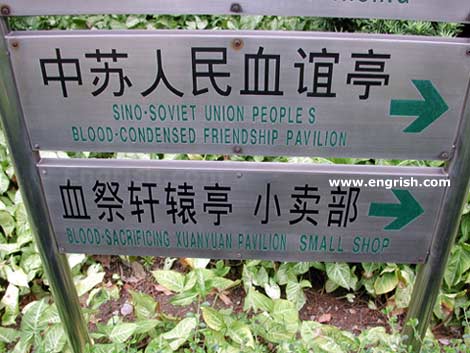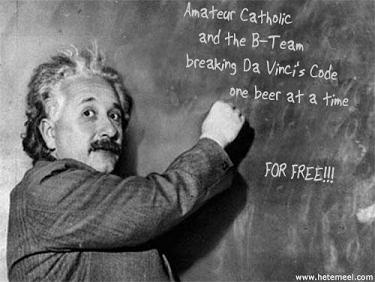I am the true vine, and my Father is the vine grower.This was the gospel reading last Sunday and is again today. Between our Bible study and the Sunday homily many concepts were discussed: that Jesus is the living sap that feeds us, how branches intertwine to make community, etc.
He takes away every branch in me that does not bear fruit, and everyone that does he prunes so that it bears more fruit.
You are already pruned because of the word that I spoke to you.
Remain in me, as I remain in you. Just as a branch cannot bear fruit on its own unless it remains on the vine, so neither can you unless you remain in me.
I am the vine, you are the branches. Whoever remains in me and I in him will bear much fruit, because without me you can do nothing.
Anyone who does not remain in me will be thrown out like a branch and wither; people will gather them and throw them into a fire and they will be burned.
If you remain in me and my words remain in you, ask for whatever you want and it will be done for you.
By this is my Father glorified, that you bear much fruit and become my disciples.
However, I was truly struck by this commentary from Father Cantalamessa, preacher to the Pontifical Household, about pruning. It takes a totally different route and was quite enlightening to me. He is a consistent favorite of mine and perhaps this will strike y'all as well. Do go read it all but here's my favorite part.
One must have the courage to make choices, to put some secondary interests to one side to concentrate on the primary. To prune!Certainly, in my mind, it goes hand in hand with Rick Lugari's comments about how we are blessed beyond our own knowledge. I think that oftentimes we feel we are being pruned or carrying a heavy cross when we truly are just experiencing regular daily life for which many people of the world would give a lot to be able to live as we do. Not that God will not prune us using daily life. Of course, He will and does. However, I think that oftentimes what we, in our luxury, mistake for deep pruning is just cutting a few twigs.
This is even truer in the spiritual life. Holiness is like a sculpture. Leonardo da Vinci defined sculpture as "the art of removing." The other arts consist in adding something: color to the canvas in painting, stone on stone in architecture, note after note in music.
Only sculpture consists of removing, of taking away the pieces of marble that are in excess, so that the figure can emerge that one has in mind. Christian perfection is also obtained like this, by removing and making useless pieces fall off, namely, desires, ambitions, projects, carnal tendencies that disperse us and do not let us finish anything.
One day, Michelangelo walking through a garden in Florence saw a block of marble in a corner protruding from the earth, half covered by grass and mud.
He stopped suddenly, as if he had seen someone, and turning to friends, who were with him, exclaimed: "An angel is imprisoned in that marble; I must get him out." And, armed with a chisel, he began to work on that block until the figure of a beautiful angel emerged.
God also looks at us and sees us this way: as shapeless blocks of stone. He then says to himself: "Therein is hidden a new and beautiful creature that waits to come out to the light; more than that, the image of my own son Jesus Christ is hidden there, I want to bring it out!" We are predestined to "be conformed to the image of his son" (Romans 8:29).
Then, what does He do? He takes the chisel, which is the cross, and begins to work on us. He takes the pruning shears, and begins to prune us.
I'm not complaining...not at all. The reason I'm painting the picture (perhaps more than I would normally care to) is to point out that I still think we have it easy. Very easy, indeed. It's not like we don't feel overwhelmed more often than not, but in comparison to much of the world and throughout history, it's a cake walk.That is why we must be careful to discern with dispassionate eyes and minds, just what is happening in our lives. I think that ours is what I recently heard called a "dry martyrdom" ... one that is all the more difficult because it is so internal. We must struggle against secular society, against the riches that tempt us to idolize them, against our own laziness or various temptations. No wonder Jesus said that it was difficult for the rich man to enter heaven. In his time so many of us would have been labeled as rich. And we know those struggles, understand why he said it.
And here's some proof that all of us in this conversation have it far more easy than we think: We're all sitting here at a keyboard reading and typing away. Everyone should ask themselves just how much time they spend at their computer doing leisurely things like reading and writing blogs, etc. throughout the day. How about going to the movies, restaurants, watching TV, watching sporting events, reading books...?
We all have it made...we're just spoiled brats (certainly I am...if that shoe doesn't fit any of you, don't wear it).
All the more reason for me to remember to cling to that vine to which I have been grafted, to ask (even though with fear and trepidation, for I am no braver than anyone else) for God to chisel away what does not reflect Jesus Christ in me. Lord, hear my prayer.










